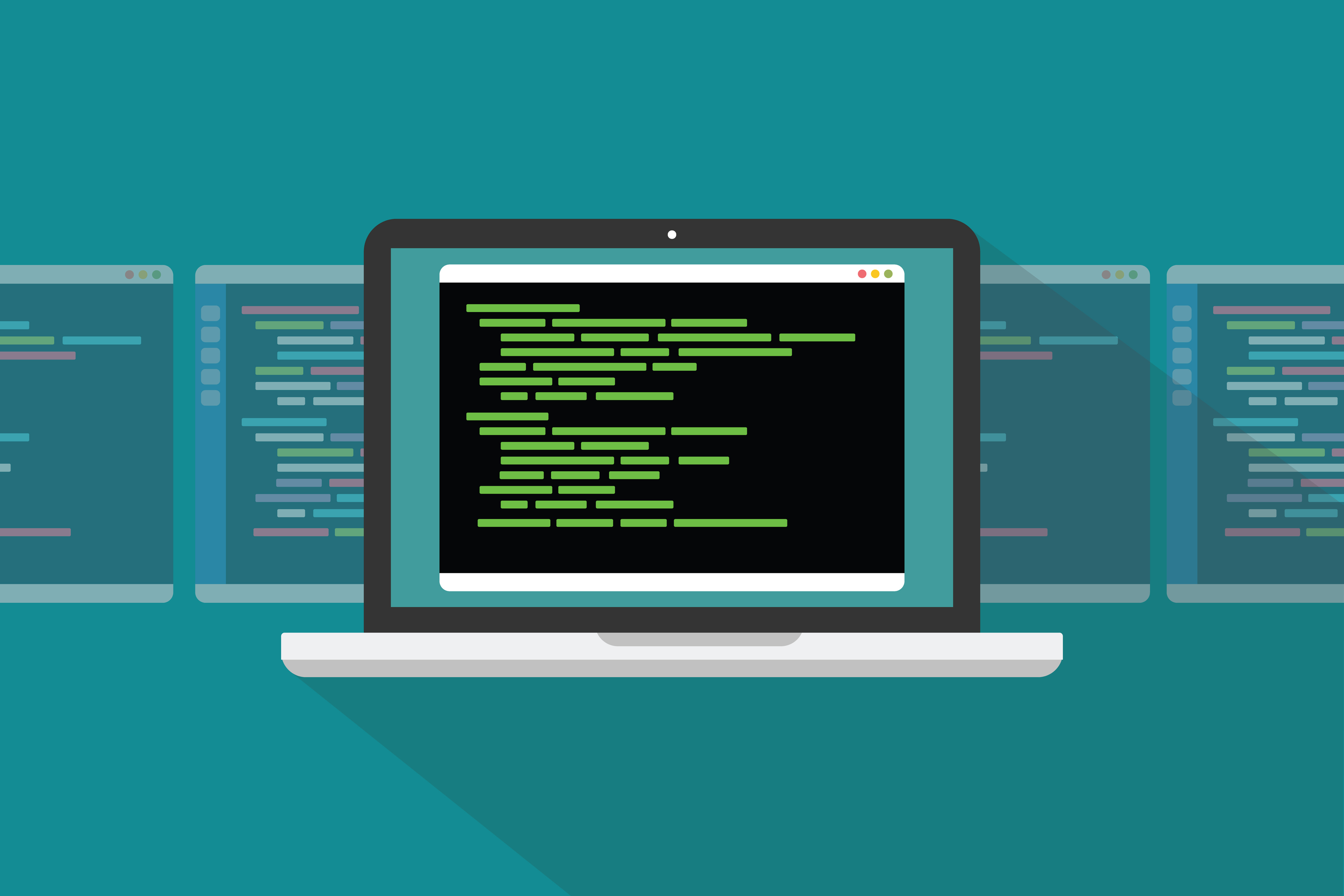A critical vulnerability within the GNU C Library (glibc) has recently come to light, putting a spotlight on the inherent complexities and potential oversights in system security, even within well-established, widely used open-source software. This vulnerability granted the name “Looney Tunables” by the researchers from Qualys, resides in glibc’s dynamic loader, a crucial component in the process of executing binary files on Linux systems.
The Looney Tunables Overflow Attack
The crux of the vulnerability lies in the mishandling of memory within a sanitizing parser function, specifically when parsing the GLIBC_TUNABLES environment variable, hence the name. This environment variable is a feature of glibc allowing runtime adjustments without the need for recompiling the application or the library, a vital flexibility for developers and system administrators. The parsing logic fumbles when it encounters malformed strings like tunable1=tunable2=AAA, which leads to a buffer overflow.
The timeline for a Looney Tunables buffer overflow attack is as follows:
- Initialization: The sanitizing parser is initiated to process the GLIBC_TUNABLES environment variable
- Searching: It begins iterating through the variable, searching for key=value pairs formatted like tunable1=aa, with each pair separated by colons.
- Buffering: Upon finding valid key=value pairs, these strings are copied into a sanitized buffer for subsequent processing.
- Encounter with Malformed String: The parser encounters a malformed string tunable1=tunable2=AAA.
- First Equals Sign Processing: The first equals sign is processed as expected, interpreting tunable1 as the key and tunable2 as the value, and copies tunable2 into the buffer.
- Misinterpretation Triggered: The second equals sign is encountered, which the parser misinterprets as indicating another key=value pair.
- Buffer Overflow: Due to this misinterpretation, the parser continues to copy characters beyond the second equals sign into the buffer, leading to a buffer overflow.
Escalation of the Tunables Vulnerability
The intrigue surrounding this buffer overflow escalates owing to the privileges associated with the binary being executed. If a Set-User-ID (SUID) root application is the binary in question, the dynamic loader operates with root privileges as well, paving a smooth path for privilege escalation if the overflow is exploited for code execution. This exploitation becomes feasible by overwriting the pointer to the library search path, determining the directories where the dynamic loader seeks libraries. By manipulating this pointer to direct towards an attacker-controlled location, a malicious libc.so can be loaded effortlessly, leading to instant code execution.
That’s All, Folks:
This vulnerability, identified as CVE-2023-4911, extends its threat to numerous Linux distributions. With a Proof of Concept (PoC) already in the public domain, the urgency for patching this vulnerability cannot be overstated. The key takeaway from the “Looney Tunables” vulnerability is the pivotal role played by meticulous memory handling and robust parsing logic, especially in security-sensitive components like the dynamic loader of glibc. It’s paramount for system administrators and developers to expedite the patching process by seeking updates addressing CVE-2023-4911, strengthening their systems against potential exploitation. This “Looney Tunables” episode reinforces the notion that a seemingly innocuous misstep in code logic can unveil doors to grave security threats.
How Can Netizen Help?
Netizen ensures that security gets built-in and not bolted-on. Providing advanced solutions to protect critical IT infrastructure such as the popular “CISO-as-a-Service” wherein companies can leverage the expertise of executive-level cybersecurity professionals without having to bear the cost of employing them full time.
We also offer compliance support, vulnerability assessments, penetration testing, and more security-related services for businesses of any size and type.
Additionally, Netizen offers an automated and affordable assessment tool that continuously scans systems, websites, applications, and networks to uncover issues. Vulnerability data is then securely analyzed and presented through an easy-to-interpret dashboard to yield actionable risk and compliance information for audiences ranging from IT professionals to executive managers.
Netizen is an ISO 27001:2013 (Information Security Management), ISO 9001:2015, and CMMI V 2.0 Level 3 certified company. We are a proud Service-Disabled Veteran-Owned Small Business that is recognized by the U.S. Department of Labor for hiring and retention of military veterans.
Questions or concerns? Feel free to reach out to us any time –
https://www.netizen.net/contact



